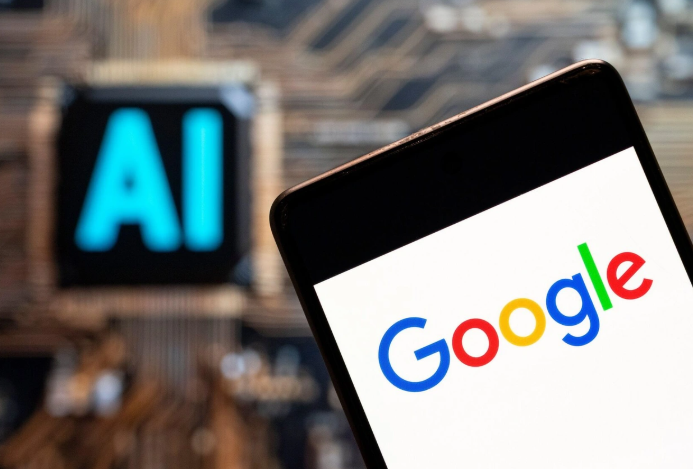Cloudflare, a popular web hosting provider, recently made headlines with the launch of its one-click feature to block AI bots from scraping website content without permission and using the data to train machine learning models. This has become a big issue as AI technology grows more powerful and is used in many areas of business and content creation.
Web Scraping is the processing of obtaining and storing large amounts of data from websites by making use of ‘bots’. It involves two features; the crawler, which is a program that browses the web to search for the particular data required by following the links across the internet and the Scraper, a specific tool created to extract specific data from websites.
AI web scraping takes this concept further, using advanced technologies to read, extract, and analyze web information more efficiently. This AI-powered approach is faster, more accurate than traditional methods. It has provided automation systems that handle larger volumes of data at higher accuracy and speed.
What makes AI Web scraping intelligent and automatic is its ability to learn and adapt while extracting data simultaneously. It understands the patterns within each web page visited using human-like thinking. Once this is complete, the process can then run automatically to extract structured data from even the most unstructured files.
How it’s becoming a problem
The incredible capabilities of AI web scraping has however become a reason why Cloudflare’s customers don’t want AI bots visiting their website, especially those that do so dishonestly. Although some big technology companies have offered website operators an option to opt out of the AI web scraping process, not all Larger Language Model developers are transparent. Some major reasons include:
Privacy Issues
Unauthorised AI bots can collect personal information, intellectual property and sensitive business data. This data is used to train AI models. By doing so, it exposes the data owners to several security risks such as data breaches and leakage which can be exploited by threat actors, misuse of information for intelligence gathering or monetized to third-parties, and exploited by threat actors for attacks. It also violates user privacy and causes distrust between users and website operators. It can result in a financial or legal implication.
Ethical Consideration
Copyright infringement and plagiarism are some of the ethical issues associated with AI web scraping. Some companies such as Forbes are taking legal actions against AI companies over these concerns. Also, some generative AI tools developed using this data generate video, images, audio and text without appropriately citing the source from which it obtained this data.
Business Impact
Many website owners are also worried that AI web scraping can lead to a reduction in the traffic to their sites. If their content is easily accessible through AI tools like ChatGPT or Gemini, there may be no need for users to head to the original source, especially if the AI doesn’t properly cite sources.
The impact of AI Web Scraping on cyber security is still a grey area. While the process itself isn’t illegal, there are no formal laws governing it, creating tension between AI companies and data sources. Websites can choose to block scrapers, as Cloudflare’s new feature allows, but not all AI companies are transparent about their data collection methods.
As more websites block scrapers and AI companies continue to gather data, there’s a growing need for clear policies and regulations. These rules would help create a safer environment where both AI innovation and data privacy can both thrive. In the meantime, it’s crucial for AI companies to obtain consent before scraping data from any source. Likewise, website owners should consider implementing protective measures to safeguard their content and users’ information.





